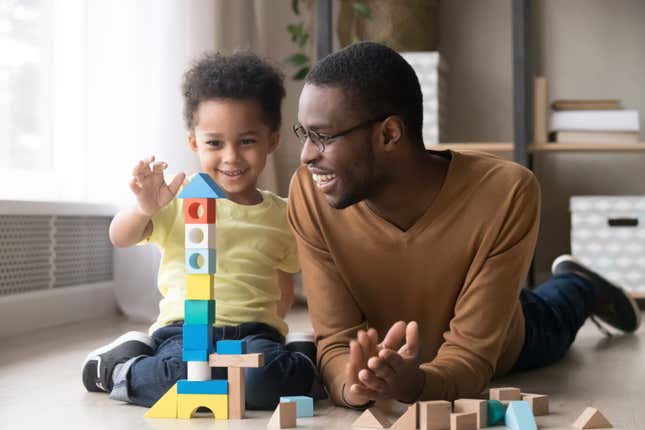
Don’t sleep. Experts agree that raising a brilliant person is not something that happens by accident. Masterful parents are intentional, strategic and start early. It’s all based on science... well, neuroscience, according to Haji Shearer, a social worker and parent group facilitator and program director of The Basics. Inc. “Eighty percent of brain growth happens by age 3. There’s a lot we can do to impact the trajectory of our child’s life by engaging them in simple activities when they’re young. Even if your child is older, you can still help them form strong connections between the billions of neurons in their brain. This provides a foundation for future success. How can you help? Sing or play music with them, help them compare bigger and smaller objects to learn math skills, roll or throw a ball to teach eye-hand coordination. Encourage them to move, play and dance. And, of course, read and talk about stories with them.”
And there’s more you can do. So let’s get specific and what better time to began than over the holiday. So here’s some “Black Hacks” to start your child’s successful academic journey:





